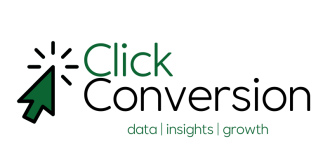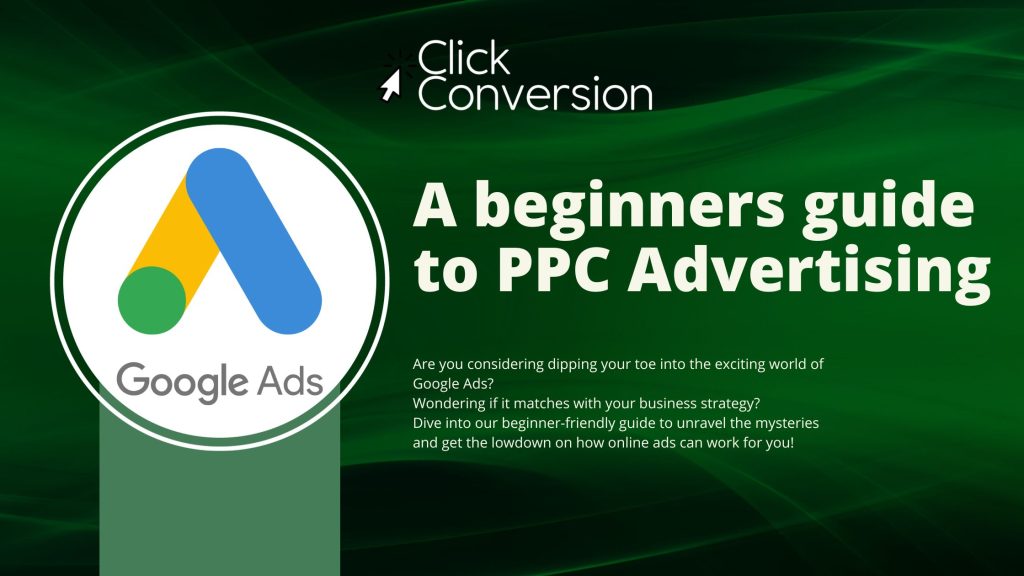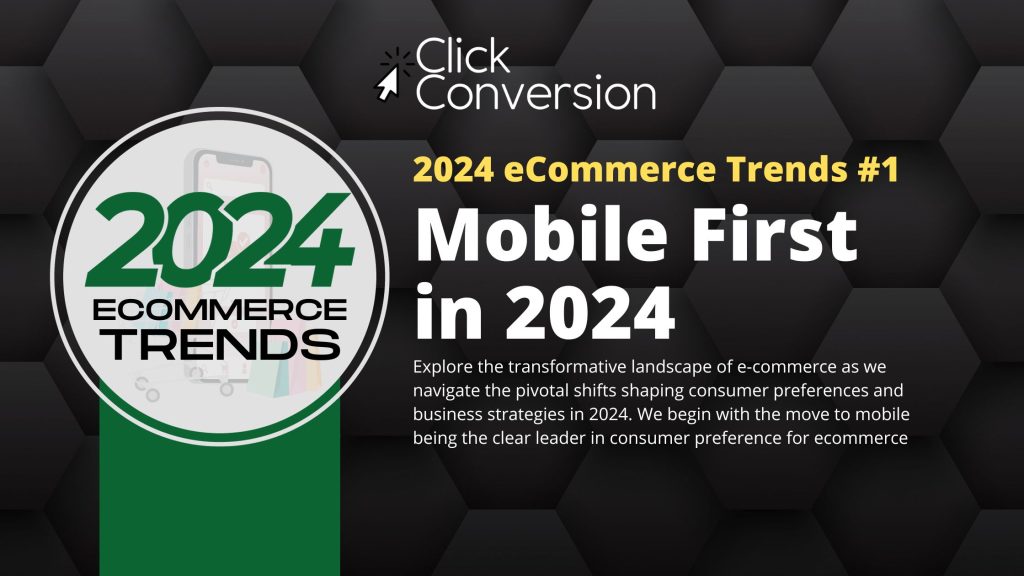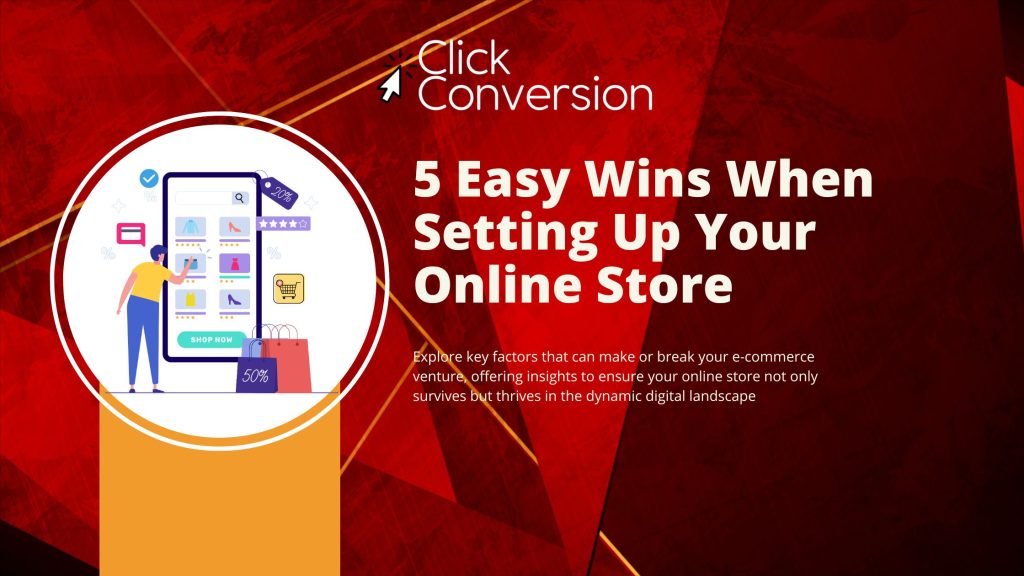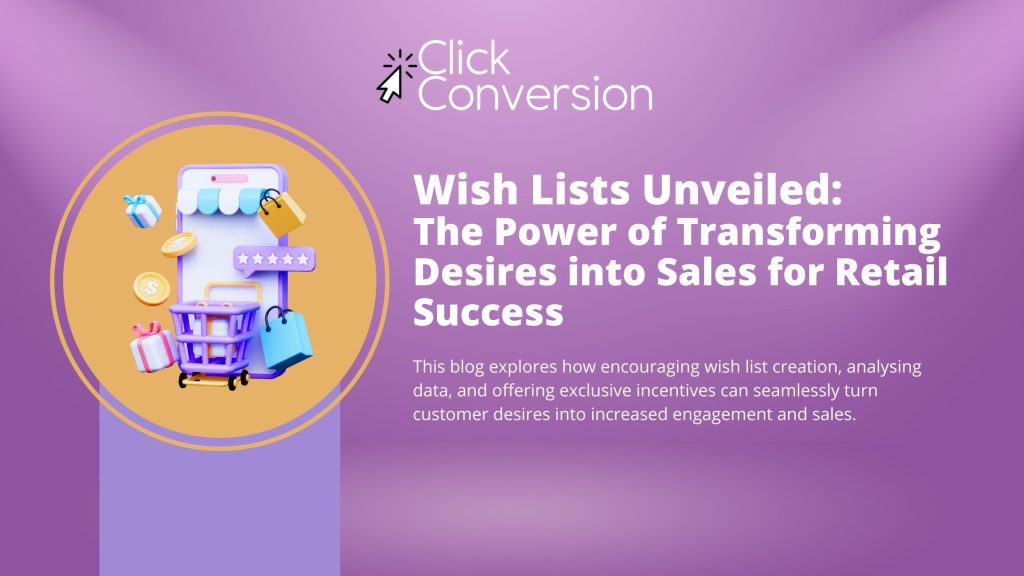Pay-Per-Click advertising, commonly known as PPC, is a powerful digital marketing strategy that empowers businesses to reach their target audience and drive valuable traffic to their websites. For beginners, the world of PPC can seem daunting and complex, filled with acronyms and jargon. However, understanding the basics of PPC is crucial for anyone looking to enhance their online presence and boost business growth. In this beginner’s guide, we’ll simplify PPC, break down its core components, and explore how it can be a game-changer for businesses, especially in the context of the vibrant Irish market.
What is PPC?
At its core, PPC is a model of internet marketing in which advertisers pay a fee each time one of their ads is clicked. It’s a way of buying visits to your site rather than attempting to “earn” those visits organically. This form of digital advertising allows businesses to bid for ad placement in a search engine’s sponsored links when someone searches for a keyword related to their business. Google Ads, formerly known as Google AdWords, is the most popular PPC advertising system globally and an excellent starting point for beginners.
How Does PPC Work?
1. Keyword Research:
The journey begins with keyword research. Advertisers identify a set of keywords relevant to their products or services. These keywords are what trigger their ads to appear when users search for those terms on search engines like Google.
2. Ad Creation:
With a list of keywords in hand, advertisers craft compelling ads. These ads typically consist of a headline, a brief description, and a link to the landing page. Creativity is key here, as the goal is to capture the attention of users in a limited space.
3. Bid Management:
Advertisers set a bid for each keyword, indicating the maximum amount they’re willing to pay for a click on their ad. The bidding process determines the ad’s position on the search engine results page (SERP) when someone searches for the specified keywords.
4. Ad Auction:
When a user initiates a search, the search engine runs an ad auction to determine which ads to display and in what order. The auction considers factors like bid amount, ad quality, and ad extensions.
5. Ad Placement:
The winning ads are displayed prominently on the SERP, often at the top or bottom. Advertisers only pay when users click on their ads, making it a cost-effective and measurable advertising model.
The Benefits of PPC for Businesses
1. Instant Visibility:
Unlike organic search efforts that take time to gain traction, PPC provides instant visibility. Ads can appear on the first page of search results almost immediately after a campaign is launched.
2. Targeted Advertising:
PPC allows advertisers to target specific demographics, locations, and devices. This level of targeting ensures that ads reach the right audience, increasing the likelihood of conversion.
3. Measurable Results:
One of the major advantages of PPC is its measurability. Advertisers can track the performance of their campaigns in real-time, gaining insights into clicks, impressions, conversions, and return on investment (ROI).
4. Budget Control:
PPC campaigns offer full control over budget allocation. Advertisers can set daily or monthly budgets, ensuring they never exceed their financial limits.
Tips for Successful PPC Campaigns
1. Keyword Relevance:
Ensure that the selected keywords align with your business and are relevant to your target audience. This not only improves ad performance but also enhances the user experience.
2. Compelling Ad Copy:
Craft engaging and concise ad copy that entices users to click. Highlight unique selling propositions and include a strong call-to-action.
3. Landing Page Optimization:
Direct users to a dedicated landing page that is relevant to the ad. The landing page should have a clear and compelling message with a seamless user experience.
4. Continuous Monitoring and Optimization:
PPC is dynamic. Regularly monitor the performance of your campaigns, adjust bids, test ad variations, and refine your strategy based on data insights.
PPC in the Irish Market
In the context of Ireland, where the digital landscape is thriving, PPC becomes even more relevant for businesses aiming to stand out. The Irish market, with its tech-savvy population and a growing number of online shoppers, presents a tremendous opportunity for businesses to leverage PPC for growth.
Localizing campaigns by incorporating Irish colloquialisms, cultural references, and addressing specific needs of the Irish audience can enhance the effectiveness of PPC efforts. Additionally, considering the unique competitive landscape in Ireland is crucial for optimizing bids and maximizing ROI.
Conclusion
PPC is a versatile and potent tool for businesses looking to make a mark in the digital sphere. By understanding the fundamentals of PPC, conducting thorough research, and implementing best practices, businesses, especially in a dynamic market like Ireland, can harness the full potential of this advertising model. So, contact us here at Click Conversion and start your PPC journey and prepare for online success.
ECOMMERCE TIPS STRAIGHT TO YOUR INBOX
Keep yourself informed about the newest trends and developments in eCommerce, particularly focusing on their impact on the Irish retail landscape. Sign up to receive our newsletter directly to your inbox.
